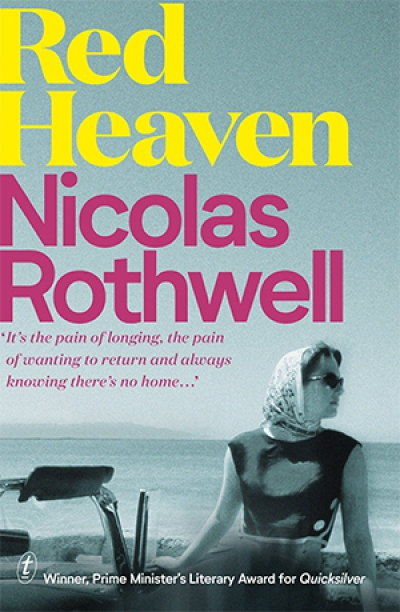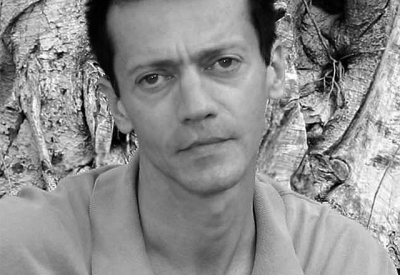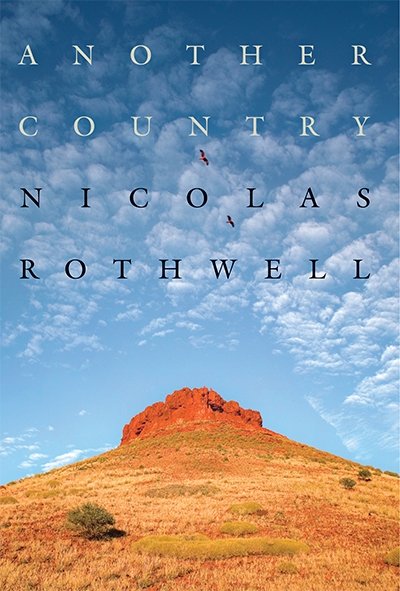Nicolas Rothwell
Jennifer Maiden's The Fox Petition: New Poems (Giramondo) conjures foxes 'whose eyes were ghosts with pity' and foxes of language that transform the world's headlines
... (read more)Books of the Year is always one our most popular features. Find out what our 41 contributors liked most this year – and why.
... (read more)How vast the world’s scale is; what splendour it holds. Is it not our task to respond to it, to answer it, to make designs and patterns of our own? We live so briefly, from one night to another – and, in our life, such light. It passes through us, it gives us the gleam in our words: to write is to make a mirror.
... (read more)Wings of the Kite-Hawk: A journey into the heart of Australia by Nicolas Rothwell
by Michael McGirr •






